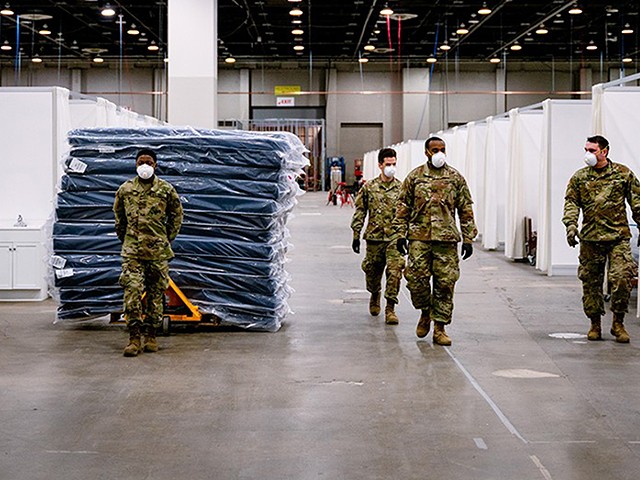In order to get on board with the magic mushroom boom (mushboom?), one should understand how they work and why they may be the most effective drug in treating mental health, as well as a pretty fun and consciousness-expanding way to spend six to eight hours or so.
Did you just say six to eight hours?
We sure did. But first: mushrooms, the brain, and how the hell the magic works.
Though there is no literal reset button, recent research suggests that magic mushrooms have the ability to reshape, repair, and create brain cells and neural pathways, a process otherwise known as neurogenesis, thanks to psilocybin (aka the magic), which is the organic hallucinogenic chemical found in select mushrooms (180 types, to be exact).
Think of the brain as a network, not unlike the internet, which was jokingly once referred to as a "series of tubes" by Republican Alaskan Senator Ted Stevens, which still makes us laugh. Anyway, the average human brain has neurons (brain cells) firing constantly throughout the day, with neurotransmitters (messengers) traveling throughout the brain's various familiar pathways. When we're born, we have mostly all of the neurons we will ever need, though neurogenesis can occur later in adulthood in select parts of the brain. Ultimately, new neurons have neural stem cells to thank, as they are special little guys that are dormant until they are instructed to become a full-blown new neuron. When neurogenesis does occur, it is in very specific parts of the brain, and as described by Synthesis, a legal, professionally guided mushroom retreat center, this highly-controlled new cell growth process is usually the result of "improved learning, forming strong memories, and reversing depression."
So what happens when you take mushrooms?
Magic mushrooms simply reroute our way of thinking and our perception, and, in many ways, offer a reset that would otherwise not be possible.
tweet this
Well, first off, your body converts psilocybin into psilocin, another chemical that binds to serotonin receptors. In other words, it's the control center (we have 15 such receptors) that uses serotonin, or "the key hormone that stabilizes our mood, feelings of well-being, and happiness." Once it binds, it kickstarts a series of processes, including one such phenomenon referred to as "neuronal avalanching," which ultimately means a lot of different changes start happening in the brain. The visual cortex is stimulated (which would explain hallucinations), which in turn can alter your perception. As for your brain's default day-to-day way of life? Well, it's pushed aside, as is one's sense of ego, causing a unique shift in how the areas of the brain synchronize to work together. Researchers often describe this occurrence as an orchestra: the brain has a bunch of players, playing different instruments, performing music from various eras and genres. But when psilocybin is introduced, the orchestra has a conductor, which, well, orchestrates communication with areas of the brain that normally are not as active or loud as some of the other parts that aid us on a regular basis. It's through this conducting that people experience unity, connectivity, mood elevation, and transcension of self, and why scientists believe that magic mushrooms could be a useful tool in treating depression, addiction, anxiety disorders like PTSD and OCD, and more.
In other words, it's all a series of tubes (*giggle*). Magic mushrooms simply reroute our way of thinking and our perception, and, in many ways, offer a reset that would otherwise not be possible.
Once ingested, depending on your dose (which is often discussed in terms of "microdosing," or small doses to boost your mood, and "macro doses," or big full-blown trips), a trip can start as early as 30 minutes after consuming, with immediate effects lasting six to eight hours.
So, what kind of effects can you expect?
While laughter, euphoria, hallucinations, and overwhelming feelings of warmth, love, empathy, and gratitude are commonly reported effects, some folks have a much different trip that can include physical symptoms like stomach pain and nausea, as well as potential psychological and emotional setbacks, like retraumatization, derealization, dissolution of ego, and paranoia.
Not to sound boring and generic, but a magic mushroom trip depends totally on you and your brain, life experiences, and, perhaps the most crucial factors during any psychedelic experience: set, as in one's mindset, and setting, or one's surroundings and social environment.





